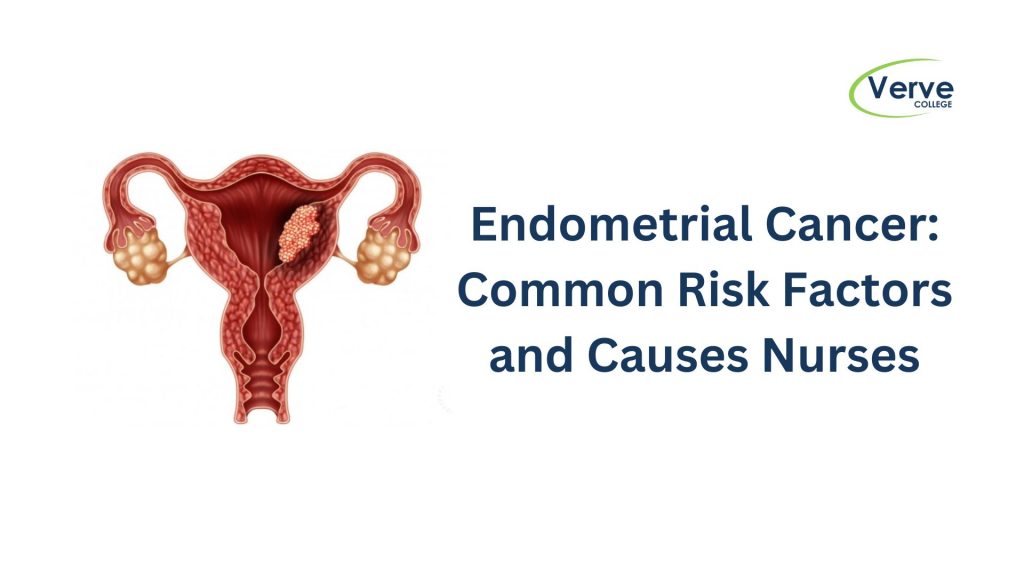- Oak Brook:(630) 705-9999
- Chicago:(312) 920-8822
- Email:inquiry@vervecollege.edu
- Make a Payment
- Home
- Programs
- Admission
- Resources
- ATI Entrance Exam Resources
- New E-Digital Library
- Refer a Friend
- School Newsletter
- Events
- Employers
- Job-Network
- Alpha Beta Kappa Candidates
- Verve College Library
- Graduation and Pinning Ceremony Photo Galleries
- Textbook Information
- Career Services
- Tutoring
- School Catalog
- FAQ
- Constitution Day Program
- Alumni
- Verve College Plans
- Financial Aid
- HEERF Reporting
- Satisfactory Academic Progress
- Apply For Financial Aid
- Net Price Calculator
- Return of Title IV Funds (R2T4)
- Financial Aid Office Code of Conduct
- Contact
- FAQs
- Verification Policy
- Vaccination Policy
- Student Right-to-Know Act
- Misrepresentation
- Information Security Program
- Academic Award Year
- Availability of Employee
- Cost of Attendance
- Health & Safety Exemption Requirement
- Students Rights and Responsibilities
- Leave of Absence
- Pell Formula
- Military Students
- Grants/ Scholarship Policy
- Contact Us
- Testimonials
- Blog
Is a Nursing Career Right For You?
Take The Free Quiz
Endometrial Cancer: Common Risk Factors and Causes Nurses
Endometrial Cancer: Common Risk Factors and Causes Nurses
Endometrial cancer that originates within the lining of the uterus, is among the most prevalent cancers that affect the reproductive system of females. Healthcare students and nurses such as those taking part in the evening programs of LPNs as well as a hybrid practical nursing program are benefited by understanding the causes of this cancer and the risks. This knowledge allows healthcare professionals to inform patients and recognize early warning indicators. This article provides an overview of most prevalent risk factors and causes that are designed to aid nurses in their education and professional career.
Some common causes are:
1. Hormonal imbalance and exposure to estrogen
One of the major factors in the development of endometrial cancer is excessive exposure to estrogen without progesterone balance. Estrogen causes the endometrium (uterine liner) to grow thicker, but progesterone regulates the growth. Conditions like polycystic ovary syndrome (PCOS) and irregular ovulation, and hormone replacement therapy with no progesterone may lead to an excess of estrogen. Nurses must be aware of the potential risks of these conditions in patient histories especially for those who are on only estrogen-based therapies.
2. Obesity as well as Metabolic Health
Obesity is a strong predictor of endometrial cancer because of the effects it has on hormone levels. The adipose (fat) tissue is a source of estrogen, which can raise hormone levels and raise the risk of cancer. People who are overweight are at greater risk of developing cancer, since higher fat levels create hormonal imbalances that can stimulate endometrial cells. Nursing students will appreciate this link emphasizes the importance of educating patients regarding weight loss as well as metabolic health.
3. Diabetic and Insulin Resistance
The presence of insulin resistance and diabetes increase the risk of endometrial cancer. Insulin is a hormone that promotes growth and increased levels of insulin in the bloodstream may cause cell changes that can increase the risk of developing cancer. Nurses may come across patients suffering from diabetes in a variety of health care settings, knowing the connection is crucial. The process of educating patients on blood sugar management and the importance of a healthier lifestyle may help prevent.
4. Menopausal Status and Age
Endometrial cancer is most commonly seen in women who have gone through menopausal transition, with the typical age at diagnosis of 60. The likelihood of developing endometrial cancer increases as you advance the age of women due to the changes in hormone levels following menopausal changes. Nurses who work in geriatric or women’s health healthcare settings are often faced with older patients, which is why it’s important to be aware of the increased risk for this population.
5. Genetic Predispositions and Family History
An ancestor’s background of colorectal or endometrial cancer may increase the risk of acquiring endometrial cancer. Particularly, genetic variants that are associated with Lynch syndrome which is a hereditary disease can significantly increase the risk of developing various types of cancers, such as endometrial cancer. Nurses must identify patients who could benefit from genetic counseling, specifically those who have a significant family background of cancer.
6. Lifestyle Factors include: Physical Inactivity, Diet and smoking
Lifestyle factors, such as diet as well as exercise and smoking are all factors that influence the risk of endometrial cancer. A diet that is high in food products that are processed, a more sedentary lifestyle, and smoking create oxidative stress and inflammation and promote cancerous growth cells. Patients who adhere to an optimum diet and participate regularly in physical exercise reduce the risk of cancer.
7. Practical implications for nursing students
For students who are enrolled in the anatomy and physiology course near me or who are pursuing the hybrid nursing program knowing the causes that causes cancer is vital. These knowledge-based insights can be extremely helpful in educating patients and aiding in the early detection of cancer. Programs, such as the evening LPN program provide these essential aspects, laying a solid foundation in reproductive health oncology and treatment for patients.
Conclusion
Recognizing the causes of endometrial cancer and risk factors can help nurses provide educated, compassionate and caring treatment. Through identifying people at risk and providing education on prevention nurses play a crucial part in reducing endometrial carcinoma prevalence. For nursing students it also increases their knowledge of the importance of health education for patients and the significance of lifestyle counseling for prevention of health. As future healthcare professionals understanding these risk factors helps nurses better assist patients in managing their health in a proactive manner.
 Sign up
Sign up Login
Login




